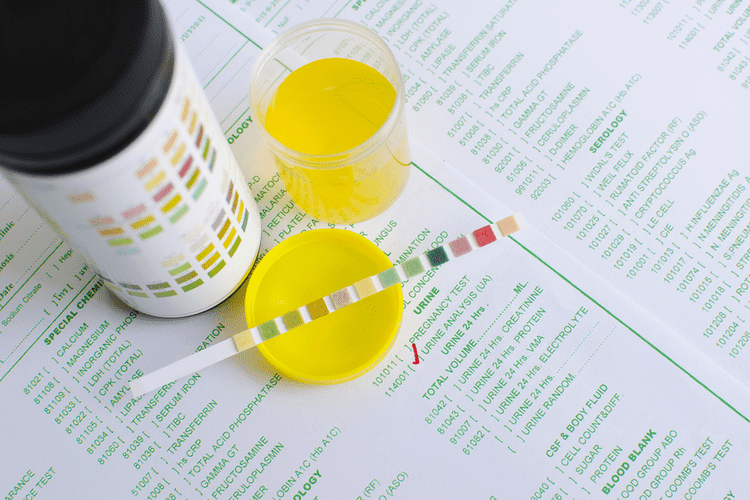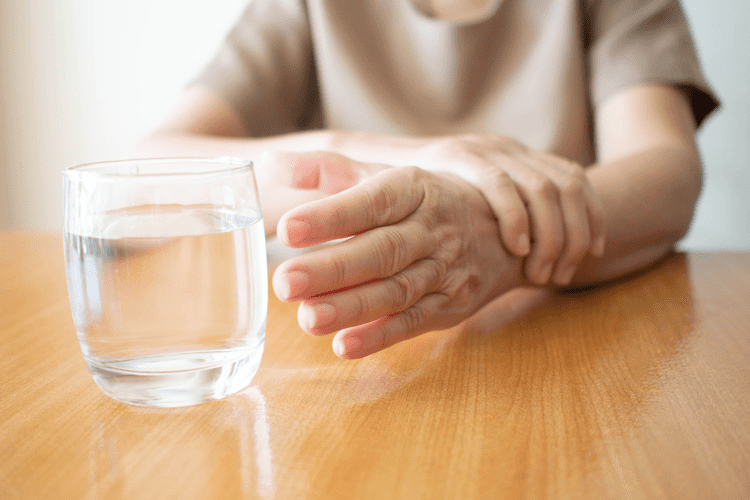Blog
Alcohol intolerance
When these compounds come into contact with the nasal passages, they can create an irritation sensation which leads to a reflexive sneeze response. Fortunately, there are options available for Substance abuse individuals with sulfite sensitivities. Some winemakers produce “sulfite-free” or organic wines that use fewer or no sulfites in the fermentation process.
Risk factors
These include opting for wines with lower sulfite content, drinking in moderation, consuming a meal before drinking, and staying well hydrated. Make sure you avoid alcohol intake with any other medications, as there can be interaction between the two. This too, can trigger allergic reactions causing stuffy nose when you drink alcohol. It can also cause more serious problems, requiring immediate medical help. If you are wondering why the nose gets stuffy on drinking alcohol, you have reached the right place.
- While not a true allergy, these reactions can be uncomfortable and even dangerous in extreme cases.
- If your body is unable to remove acetaldehyde from the body, symptoms like congestion, flushing, headaches, and more can persist.
- Knowing the ingredients used to make a wine can help you make an informed decision about what kind of wine you want to drink.
Specifically, people with alcohol intolerance don’t have enough of the enzyme aldehyde dehydrogenase 2 (ALDH2). This enzyme plays a major role in metabolizing alcohol and eliminating it from the body. Without sufficient ALDH2, a toxic byproduct of alcohol metabolism known as acetaldehyde builds up and causes unpleasant reactions. Alcohol intolerance means it’s difficult for your body to break down (metabolize) alcohol. This allows toxins to build up, resulting in facial flushing and other alcohol intolerance symptoms. Like many medical terms, vasomotor rhinitis sounds ominous but generally is not.
Why Do I Get A Stuffy Nose After Drinking Alcohol?
It’s normal to get sick or experience unpleasant symptoms after drinking too much alcohol. But if you experience odd reactions to alcohol after just a drink or two, your body may be intolerant. If you and alcohol don’t mix well, consider whether you’ve experienced the following alcohol intolerance symptoms. If you have any severe or painful symptoms after drinking alcohol, don’t just brush it off as alcohol intolerance. These side effects could be caused by a serious allergy and warrant a visit with your doctor to address your symptoms. What’s more concerning, however, is that some medications can lead to uncomfortable (even dangerous) side effects when combined with alcohol.

Can Red Wine Cause Sinus Problems?
If they do have similar reactions to all of these alcoholic beverages, then abstinence is the only way for them to not experience these effects. Additionally, some people may experience swelling of the lips, tongue and throat. Besides wines, fruits like bananas, kiwi, melons, and grapes can also contain sulfites, though in much smaller amounts. Alcohol can worsen your difficulty breathing through your nose, so it’s important to be mindful of how much you consume. If drinking alcohol is unavoidable, try to limit your intake of low-alcohol beverages such as beer or wine.


In the case of a bee sting, a person who is allergic will develop redness, swelling, exquisite pain and a rash surrounding the affected skin. In the case of a cow’s milk allergy, a person who is allergic will develop intestinal swelling (oedema), abdominal cramping and diarrhea 1. For clarity, allergic reactions fall under the umbrella term of hypersensitivity, of which there are four distinct types and are beyond the scope of this article.
If you’re prone to congestion after consuming wine, you can try drinking small amounts, staying hydrated, and taking an antihistamine before drinking to minimize the symptoms. If you drink a beverage that causes a mild reaction, over-the-counter antihistamines might help relieve symptoms. However, for a severe skin reaction, weak pulse, vomiting or trouble breathing, seek emergency help right away, as you could be having an anaphylactic reaction. These allergens could be from the proteins derived from grapes used in the wine. They can also come from yeasts, molds, bacteria, proteins and ingredients used during the wine making processes. Allergens can come from the insects (yes, insects!) which have inadvertently contaminated the wine crush 1.
Can certain foods or drinks worsen alcohol-induced congestion?
Additionally, consider taking an antihistamine or decongestant to help relieve congestion. To alleviate congestion after drinking wine, try staying hydrated by drinking water, using a saline nasal spray, and avoiding alcohol and other irritants. Endochitinase 4A is an allergen that is commonly present in younger wines as well as Fragolino wines. Thaumatin and thaumatin-like proteins are haze-forming proteins in wine and accumulate during the ripening of grapes 3. The mold Botrytis cinerea which is chiefly responsible for the noble rot in grapes is also a potential https://threebrothersknitting.com/blue-co-llc-accounting-tax-and-consulting-firm/ allergen that can caused red wine allergies.
Red Wine Flushing
Some people might find their nose blocked or running after drinking alcohol. This is because alcohol can cause the blood vessels inside the nose to swell, producing more mucus and causing symptoms similar to a cold or allergic rhinitis. The high levels of histamines and sulfites in red wine can cause more congestion and make breathing difficult.
What to expect from your doctor
For those who do experience nasal congestion after drinking red wine, avoiding certain types may help reduce symptoms. Wines labeled “low-histamine” or “NOT” (for non-sulfite) typically contain fewer of both substances and may be less likely to trigger symptoms. If you still experience nasal congestion after switching types of stuffy nose after drinking wine wine, consider limiting your intake or avoiding red wine altogether. Additionally, an individual’s sensitivity to alcohol may make them more likely to become congested when drinking any type of alcoholic beverage, including red wine. For those who do find themselves experiencing nasal congestion after drinking red wine, it is important to remember that it is often temporary and should clear up on its own. However, if symptoms persist or become severe, it is important to seek medical advice.
How common is it to experience a stuffy nose after drinking wine?
Common symptoms of an alcohol allergy include sneezing, congestion, and itchy eyes. In more severe cases, people may experience hives or swelling in their throat or airways. If you experience nasal congestion after drinking alcohol, you can try using over-the-counter saline nasal sprays or rinses to alleviate the symptoms.
